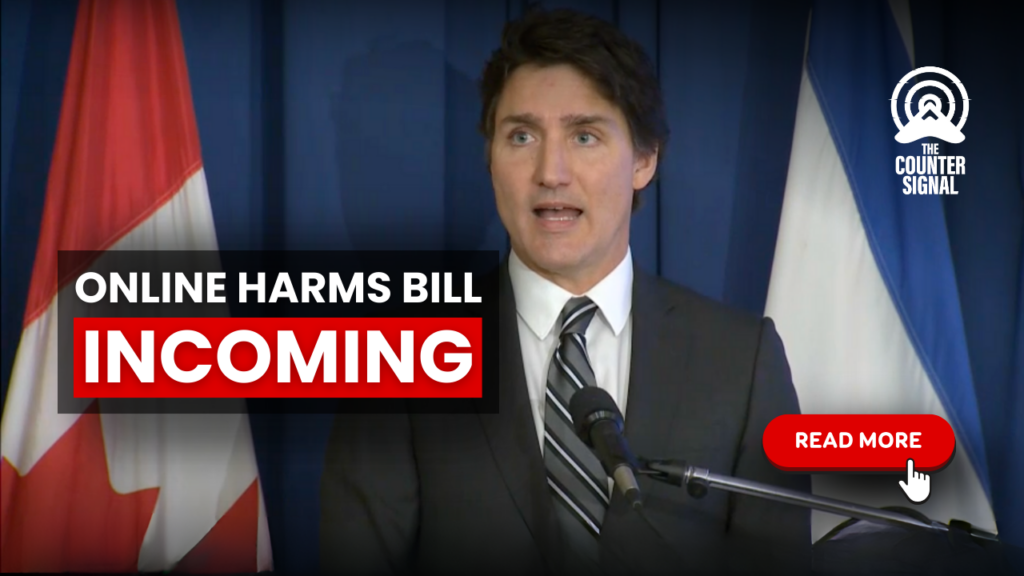Liberal Justice Minister Arif Virani confirmed that the Trudeau regime is still planning to censor the internet through an “online harms” bill.

Speaking at a conference in Ottawa focused on confronting antisemitism, Virani said, “We need a safe and secure digital environment as much as we need safe streets in our communities.”
Though he wouldn’t commit to a specific timeline, Virani added, “I’m trying to make sure we see it as soon as possible.”
The Trudeau Liberals tried to rush through online hate speech laws via Bill C-36 in 2021. If the bill passed, it would see the creation of new regulatory bodies to oversee social media platforms and other online services. However, the Liberals scrapped the bill during the consultation period.
During those consultations, about 80% of Canadians provided negative responses to the proposed legislation, causing the Liberals to sneakily filter out those they called “non-allies” in order to receive their desired responses.
The Liberals’ original version of the proposed legislation aimed to address online harms in various categories, including hate speech, terrorist content, incitement to violence, child sexual exploitation, and the non-consensual sharing of intimate images.
Lumping together mean comments with sex crimes was the Liberals’ way of trying to pass their online censorship bill.
“We’ve got freedom of expression on one hand, which creates a vibrant democracy and allows us to differentiate ourselves from other parts of the world,” Virani said. “And we’ve got the pressure to ensure that when people are communicating online, they’re not actually targeting groups, they’re not promoting or vilifying groups, promoting hatred or violence against them.”
Following the EU
The EU brought into effect its Digital Services Act (DSA) in August, marking the beginning of a new era of online regulation — and what some predict will be more censorship.
Online platforms in the EU are now legally required to implement mechanisms for preempting and eliminating posts containing illicit products, services, or material.
Such material includes “hate speech” and “disinformation,” according to whatever the EU determines falls under those categories.









